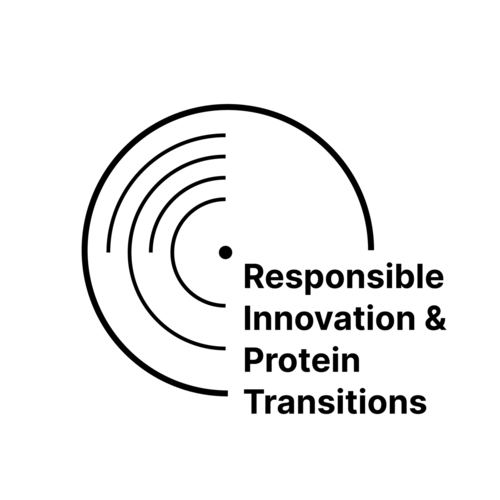A Novel Innovation Radar Methodology
At the heart of the RI-ProT project is the co-development of a novel innovation radar methodology that enables inclusive, transdisciplinary anticipation of innovation impacts in the field of protein transitions.
Although there are many methods that support RI (e.g. LCAs (Smetana et al., 2015), PAS 440 (Tait, 2020), or scenarios (Frezal et al., 2022)), most are not well suited for the inclusive reflection on and assessment of multiple innovations which present alternative directions for transformation (notable exception: Stirling and Mayer, 2001).
Such methods are however needed to support RI in ongoing system transformations, such as innovations that transform dominant systems of protein production. Innovation radars are well-established tools for identifying and assessing multiple innovations (Boe-Lillegraven et al., 2015; Golovatchev et al., 2010; Blanco-Gutiérrez et al., 2020) but:
- do not comprehensively assess the effects of innovations on transformation,
- ignore that innovation effects may be uncertain, ambiguous and controversial, and
- typically fail to include a variety of stakeholders in the assessment.
The RI-ProT project pursues the following methodological question: How can innovation radar methods be adapted to enable an inclusive, sustainability-focused prospective assessment of innovations in the context of ongoing transformations?
Drawing on the strengths of innovation radars and other innovation/technology assessment methods, our past work (Wölken et al., expected 2024) and expertise of the transdisciplinary project team, RI-ProT will develop a second-to-none radar method for inclusive, sustainability-focused prospective assessment of alternative, transformative innovations and to test it on alternative proteins. Thereby RI-ProT will address the methodological gap outlined above.
